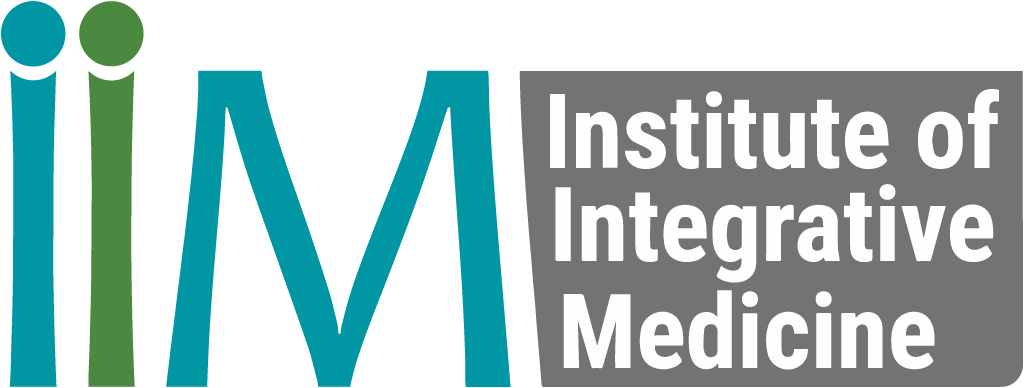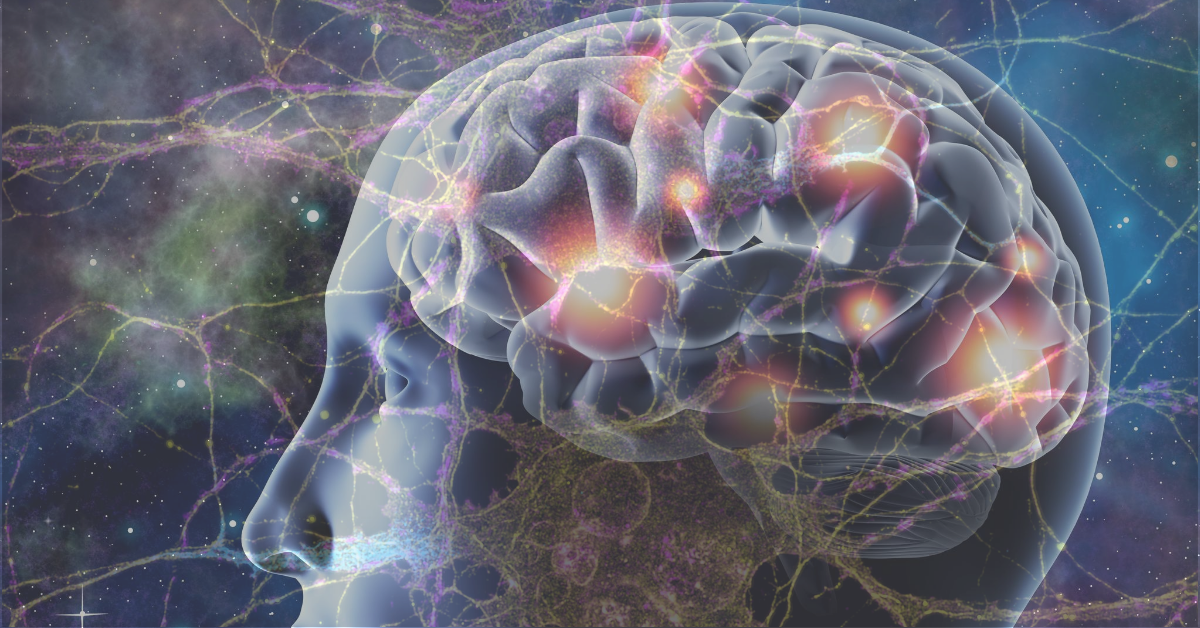Living Beyond Seizures: Exploring Integrative Medicine for Epilepsy
The traditional focus on solely controlling seizures in epilepsy management is evolving. Integrative medicine offers a paradigm shift, empowering patients with a comprehensive toolkit that blends evidence-based complementary therapies with conventional treatment. This holistic approach not only enhances seizure control but also improves overall well-being and quality of life, fostering patient-centred care and empowering individuals with epilepsy to thrive beyond limitations.
Epilepsy: A relentless foe disrupting lives with unpredictable seizures. Millions grapple with this neurological condition, often seeking additional support beyond conventional medication.
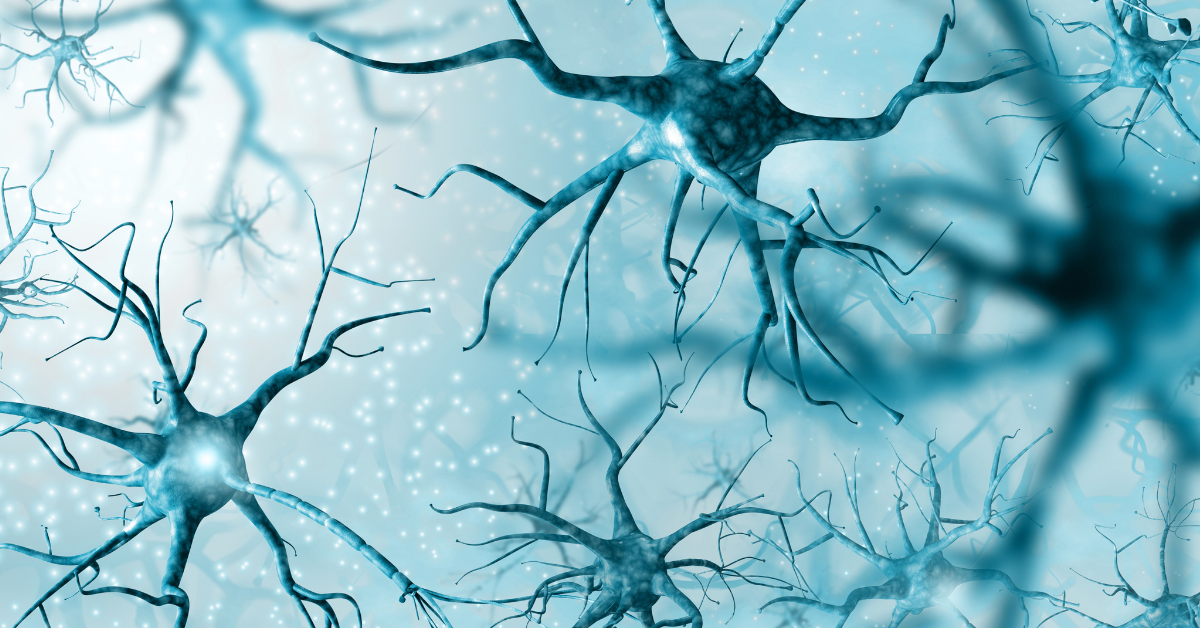
Around 50 million people worldwide suffer from epilepsy, one of the most common neurological diseases. According to an estimate, 70% of epileptics could live seizure-free if they were properly diagnosed and treated. Seizures are the result of excessive electrical discharge between brain cells and can affect multiple brain regions. People who suffer from epilepsy often have other physical problems such as injuries resulting from seizures. Furthermore, epilepsy is often associated with a higher prevalence of depression and anxiety. What are the causes of seizures? Approximately 50% of seizure cases globally have an unknown cause.
Seizure causes can be divided into 6 categories:
- Structural
- Infectious
- Genetic
- Metabolic
- Toxin exposure
- Unknown
Some examples include:
- Brain damage from trauma or loss of oxygen during birth
- Genetic issues resulting in brain malformation
- Head injuries or stroke
- Infections of the brain such as meningitis and encephalitis
- Brain tumours
- Genetic syndromes
Treating seizures with conventional medicine
Since seizure medications work by reducing the excitability of brain cells, they can also affect normal brain activity. Some common side effects of seizure medications include issues with:
- Remembering
- Attention and focus
- Finding words
- Thought processes
- Mood
- Energy
- Motivation
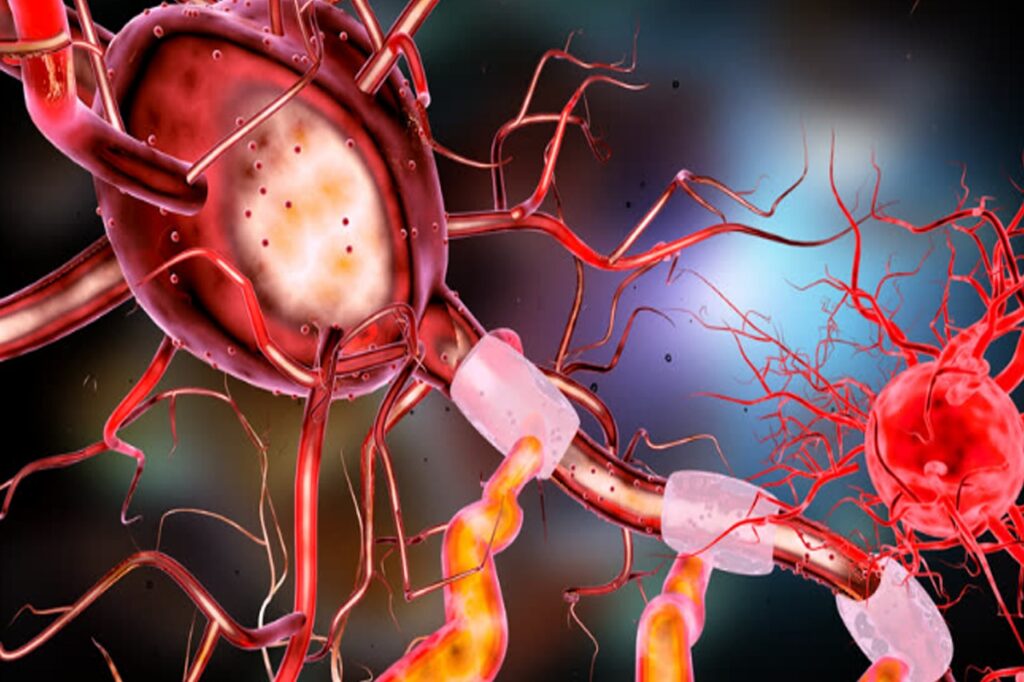
Current anti-seizure medications primarily focus on symptom management rather than addressing the underlying aetiology of seizures. This necessitates long-term use, raising concerns regarding potential long-term effects and drug interactions. These limitations underscore the critical need for continued research and development of well-tolerated therapeutic strategies for optimal seizure control.
Beyond Medication: A Multifaceted Approach
Integrative medicine is a powerful ally offering a holistic approach to empower patients and enhance their well-being. IM seamlessly collaborates with conventional treatment, offering a broader spectrum of therapeutic options. These complementary therapies target the mind, body, and spirit, addressing not just the seizures, but also the underlying factors that contribute to them.
Unlocking the Potential Benefits:
- Reduced Seizure Burden: Techniques like meditation, yoga, and biofeedback effectively manage stress, a well-established seizure trigger. This not only improves seizure control but also promotes relaxation and emotional well-being.
- Enhanced Quality of Life: Epilepsy often comes hand-in-hand with stress, anxiety, and sleep disturbances. Integrative medicine tackles these challenges, leading to a significant improvement in overall quality of life. Incorporating exercise and improving sleep hygiene are key components of IM.
- Empowering Patients: By actively participating in their personalised treatment plan, patients gain a sense of control and self-efficacy in managing their epilepsy.
Exploring Integrative Options:

- The Ketogenic Diet: This specialised diet has shown promising results in reducing seizure frequency, particularly in children.
- Nutritional Supplements: Specific vitamins and minerals, under the guidance of a healthcare professional, can support overall health and potentially minimise seizure risk.
For more in-depth information on integrative medicine and the brain, take a look at our module on Brain Health in the IHP program.
Conclusion
Integrative medicine offers a compelling paradigm shift in epilepsy management, empowering us to move beyond solely addressing seizure control. By incorporating evidence-based complementary therapies alongside conventional treatment, we can equip patients with a comprehensive toolkit to not only achieve optimal seizure control but also enhance their overall well-being and quality of life. Furthermore, optimising lifestyle factors like stress management, regular exercise, and sleep hygiene can demonstrably contribute to reducing seizure frequency, potentially even allowing for medication adjustments. This integrative approach fosters patient-centred care, empowering individuals with epilepsy to take an active role in managing their condition and thriving beyond its limitations.
How do I Become a Functional Medicine Practitioner to learn more about Integrative Medicine and Brain Health?
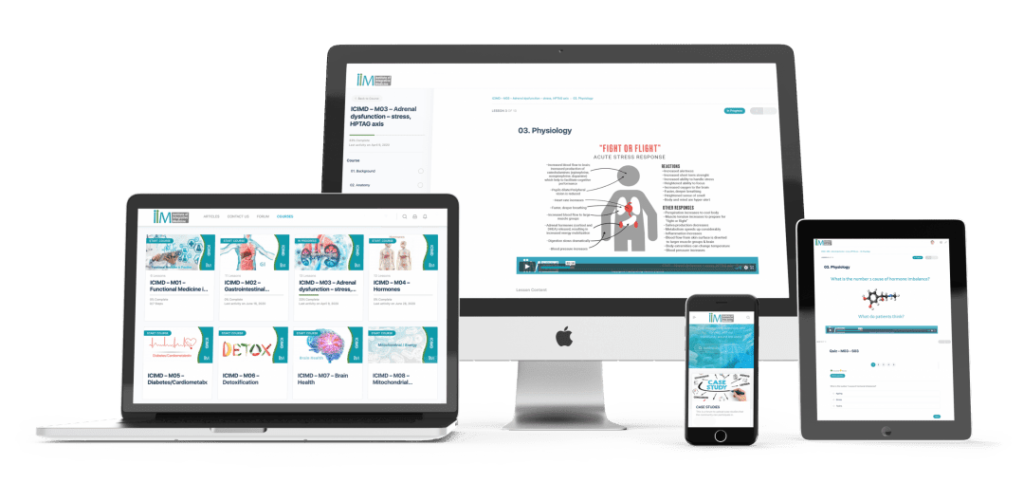
The Institute of Integrative Medicine is a global leader in the field of Integrative Medicine Education. Integrative medicine aims to be at the forefront of modern technology and new discoveries and focuses on the root cause of disease. Epilepsy is a complex neurological condition. Patients require a holistic approach that addresses the root causes and fosters optimal well-being. Unlock the full potential of integrative medicine in treating epilepsy. Go beyond symptom management and empower your patients to achieve optimal brain health and holistic well-being. We offer certified online courses helping you to take charge of your practice and improve the quality of life for your patients. Find out more about the courses we offer today!
